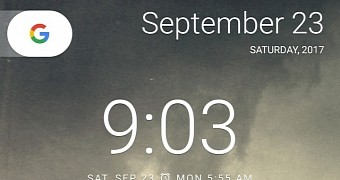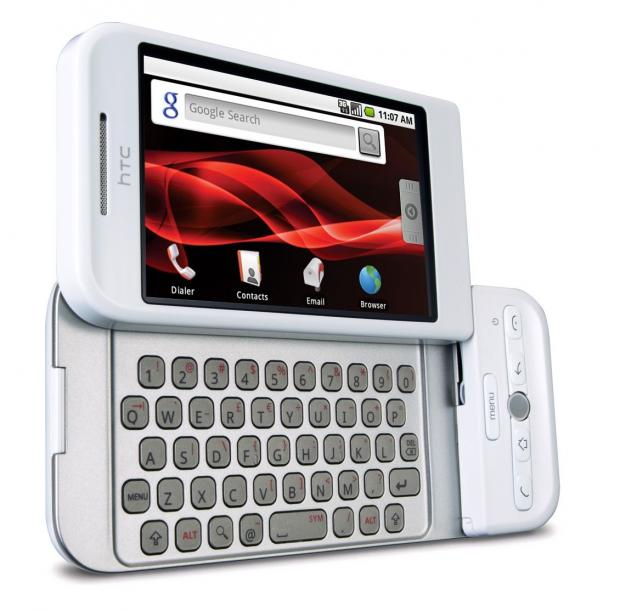The Android operating system has just turned nine, and it looks like it’s well on track for another nine.
When Google released Android on September 28, 2008, it showed a lot of promise, but it was a new player on the market, and it was hard to bet money on its success. We have to keep in mind that Google started and killed a lot of other projects over the years, and it wouldn’t be all that surprising if Android were close to getting the ax at some point.
The ninth birthday comes shortly after the release of Android 8.0 “Oreo,” which might sound a little odd, but we have to remember that things were not always going this smooth. Do any of you remember Android 3.0? Me neither.
Android is now installed on about 65% of the existing and working mobile devices, but that number can differ depending on who’s doing the counting. In any case, 65% is a conservative estimate, with more optimist estimates placing it at 85% or more.
Android is king
Like it or not, there is no way to dispute the prevalence of Android in today’s market. Since it covers so much of the ecosystem, it also means that many people are still using older versions of the OS, and there is no real solution to this problem.
Google managed to keep the Android evolving with its yearly stable releases, which is a difficult task. Working on a precise schedule with such a massive project would be impossible for most companies, but then again Google is willing to pour unlimited funds into it.
For now, Android is on a steady pace, and there is no indication the status quo is going to change anytime soon. We’ll see Android 9.0 next year, and the development cycle for it has started already. Unless something truly revolutionary happens in the near future, Android is here to stay in its current form.

 14 DAY TRIAL //
14 DAY TRIAL // 

